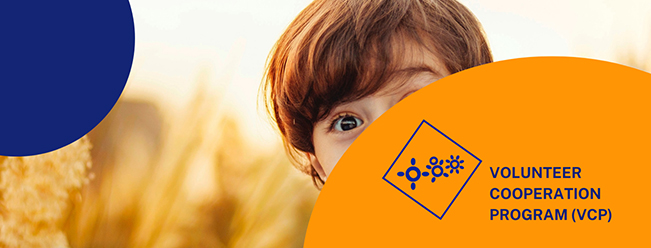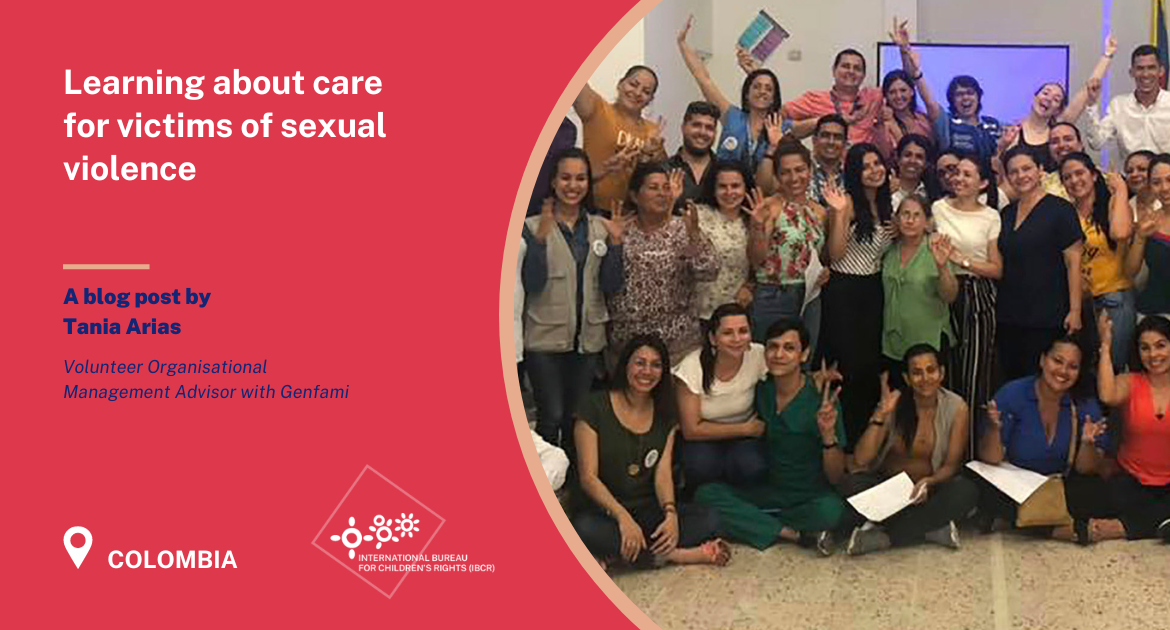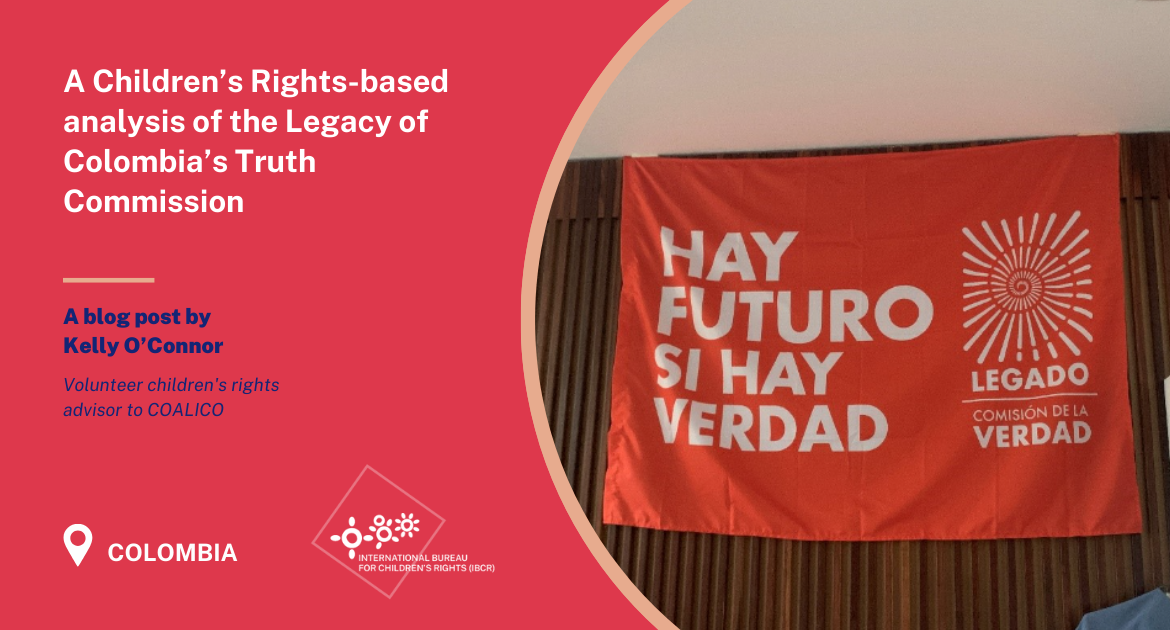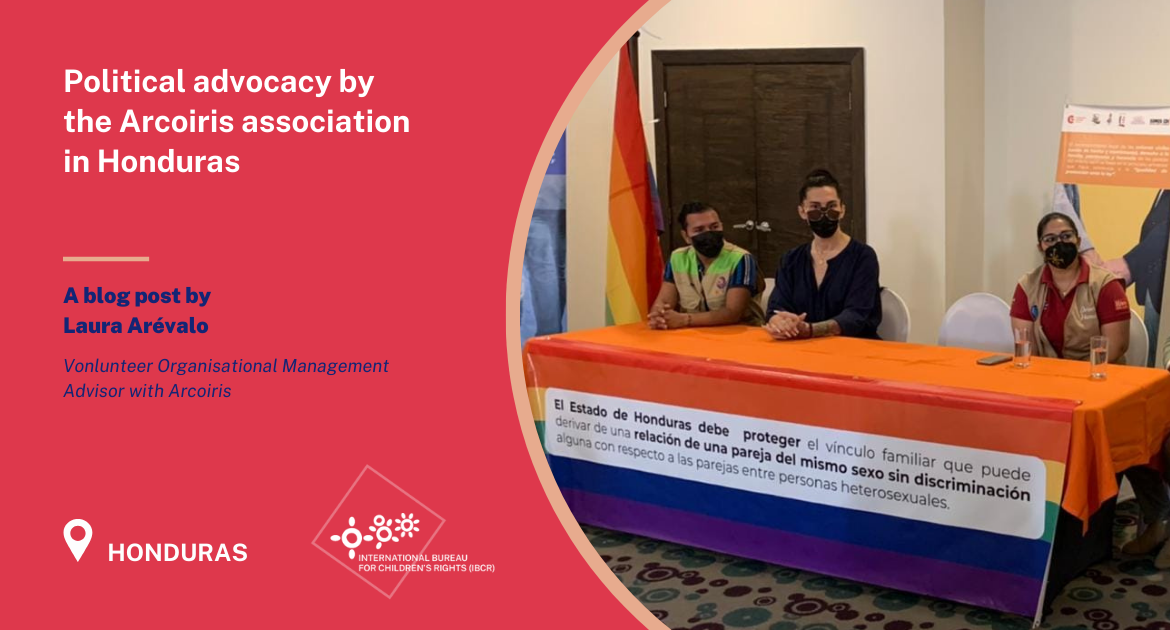*Free translation may contain errors. See the original article in Spanish.
My first task as a development worker with GENFAMI, IBCR's partner organisation, was to take some of the modules of the virtual training that it conducted for IOM on Comprehensive Health Care for Victims of Sexual Violence aimed at health professionals.
The course, completely virtual, seeks to generate the necessary knowledge and strengthen the capacities of professionals who care for victims of sexual violence in order to ensure that health service providers adequately implement the update to the Protocol for Comprehensive Health Care for Victims of Sexual Violence of the Ministry of Health and Social Protection.
About GENFAMI
This training covers one of GENFAMI’s key areas of work: gender-based violence (GBV). Being able to participate in the learning process allowed me to better support the work to prevent GBV for girls, boys and women, as well as anyone who may be violated for not complying with socially imposed gender roles.
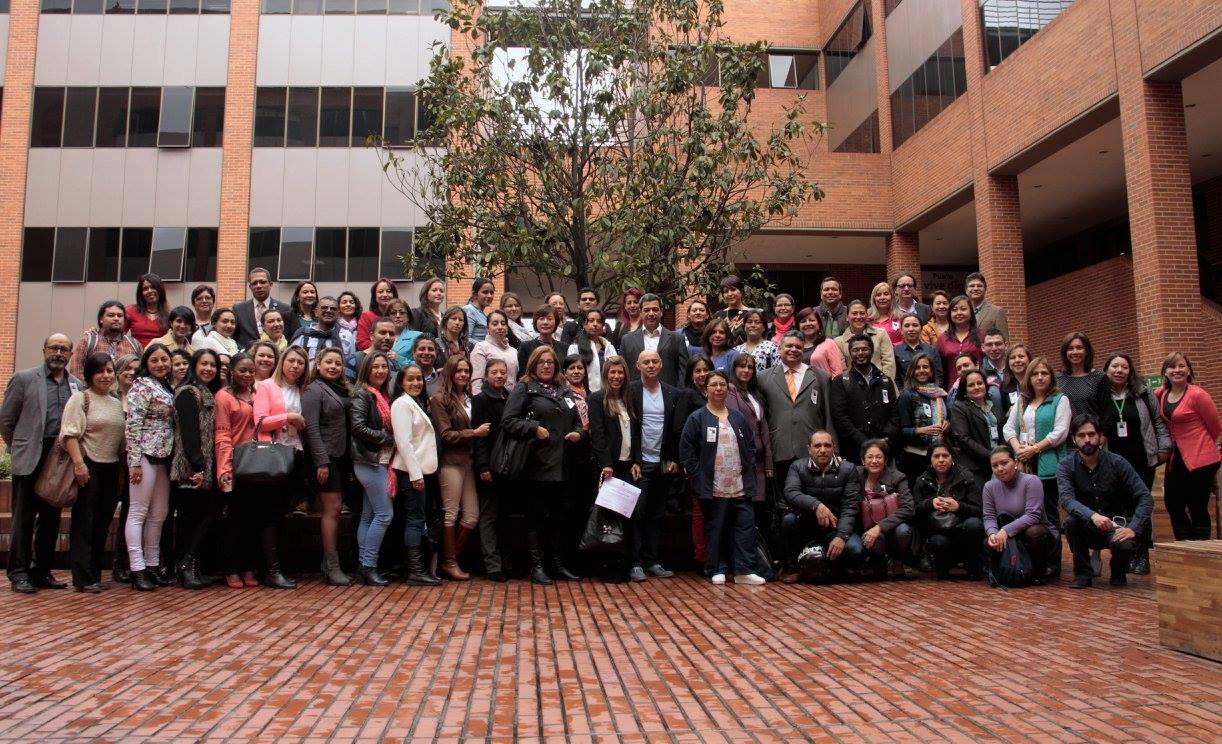
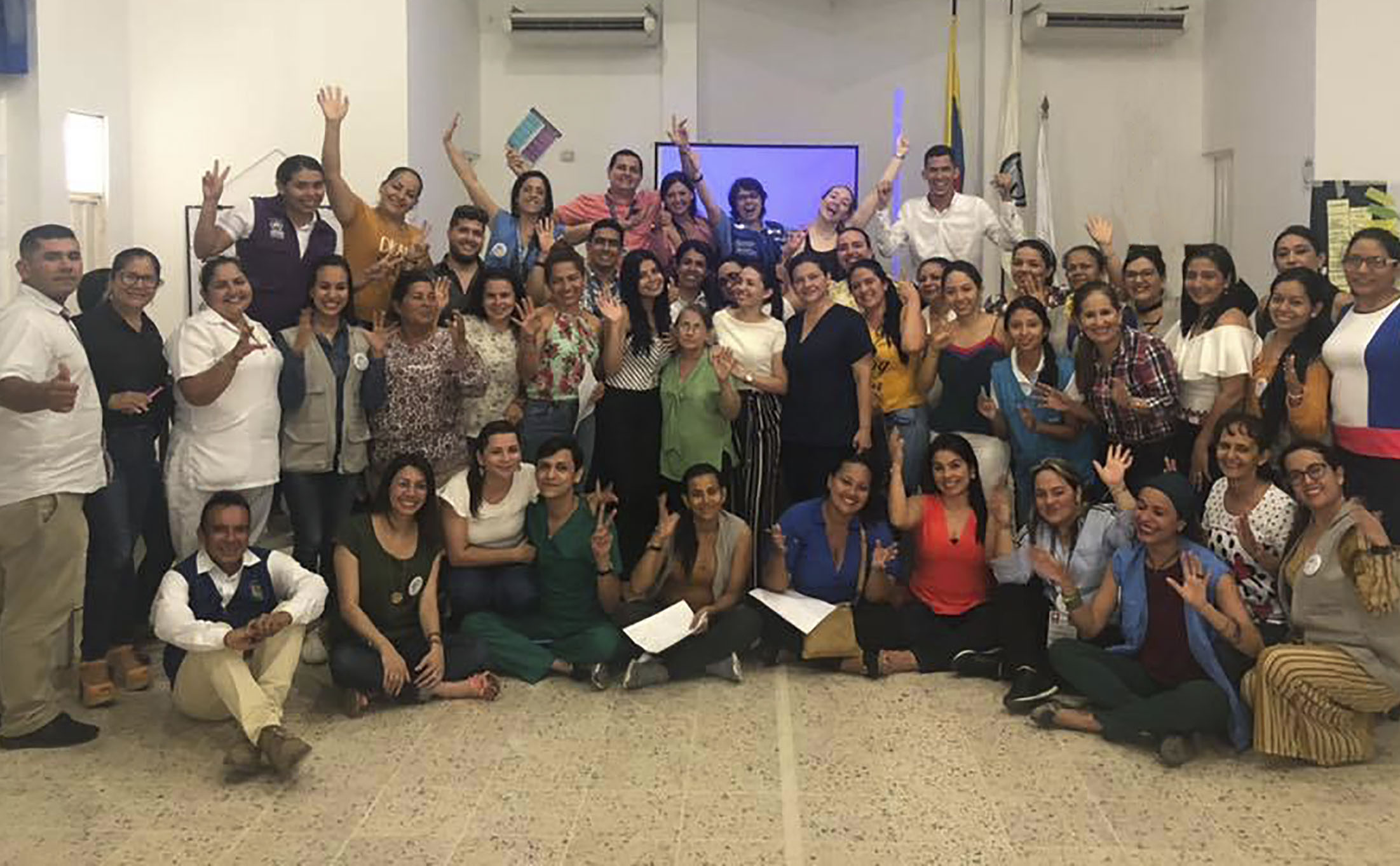
The course strengthened knowledge, competencies and skills for adequate care of cases of sexual violence in the following areas :
- Deepening of knowledge for the diagnosis and care in physical and mental health of victims of sexual violence.
- Strengthening of knowledge about the processes of sexual violence cases, analysing and applying the necessary actions according to local contexts.
In order to develop adequate capacities for the care of victims of this type of violence, it is first necessary to establish the social context in which beliefs, practices and social dynamics have been naturalised, generating power relations. Gender-based violence is specifically linked to the beliefs of a patriarchal society that men and women have assigned roles in society and, therefore, can only function within these established contexts.
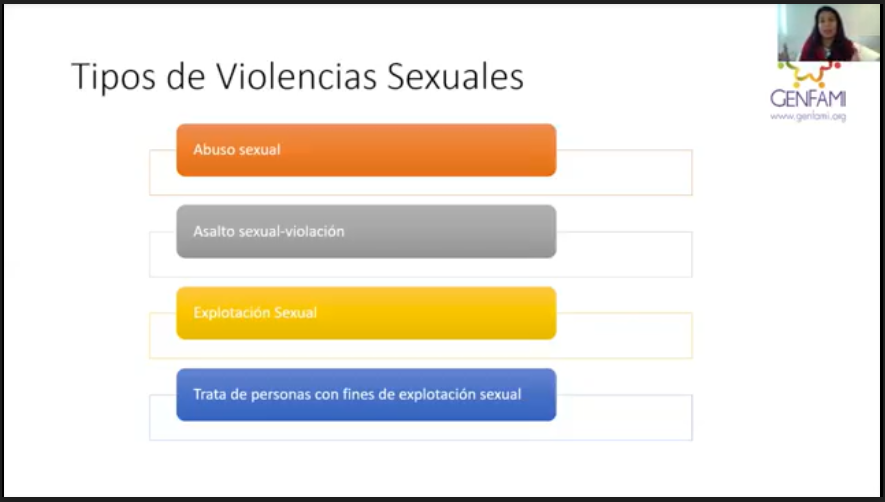
In order to achieve this, the course not only aims to strengthen technical skills, but also to lead participants to question many of their beliefs. For example, this participant from Cartagena commented :
« Important this whole process that allows us to identify and unlearn as people, women, men and professionals many stereotypes and practices... which contributes to really achieve the strengthening of the processes of care for victims really according to the needs of the victims. »
This leads us to reinforce how in order to adequately care for victims of sexual violence, professionals must first be able to put themselves in the person's shoes and become sensitised about the causes behind the aggression, but also understand the great importance behind the response of the person listening to the testimony is fundamental to determine whether the victim enters into a process of healing and survival of the event, or rather falls back into the cycle of violence. A comment from a participant from the Municipality of Santa Marta reflects a recognition of this cultural tendency to blame the victim:
« It is important to remove the stigma from some sectors of society that when you are a victim you did something to provoke the aggressor as this sometimes even unconsciously causes the victim to be blamed for what happened such as asking where you were, what were you doing there, why at that time or dressed in that way etc. »

GENFAMI's recommendations for further strengthening the work of these professionals include :
- Develop mental health interventions that respond to the needs of migrants, host communities or victims of the armed conflict.
- Generate new strategies for case management and work with communities in the context of the current health emergency generated by COVID-19.
- Build intervention models, taking into account the different environments and contexts in which a victim is immersed, as well as their social or support networks and personal areas (social, work, affective, etc.).
- Continue with updating and certification processes for the prevention and care of GBV with an emphasis on sexual violence.
Interested by international volunteering?
Find out more about our open mandates
KEEP ME INFORMED OF UPCOMING VOLUNTEERING OPPORTUNITIES

Volunteer cooperation program funded by Global Affairs Canada.




